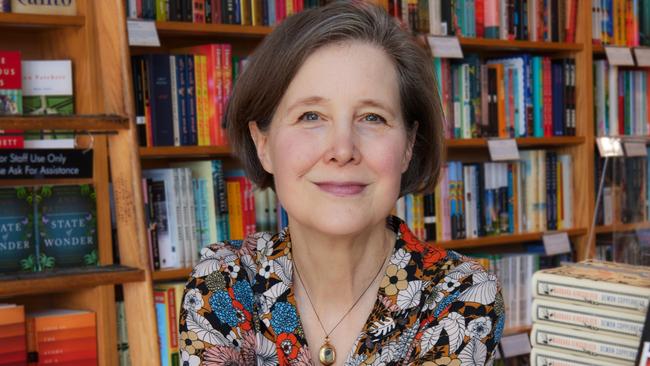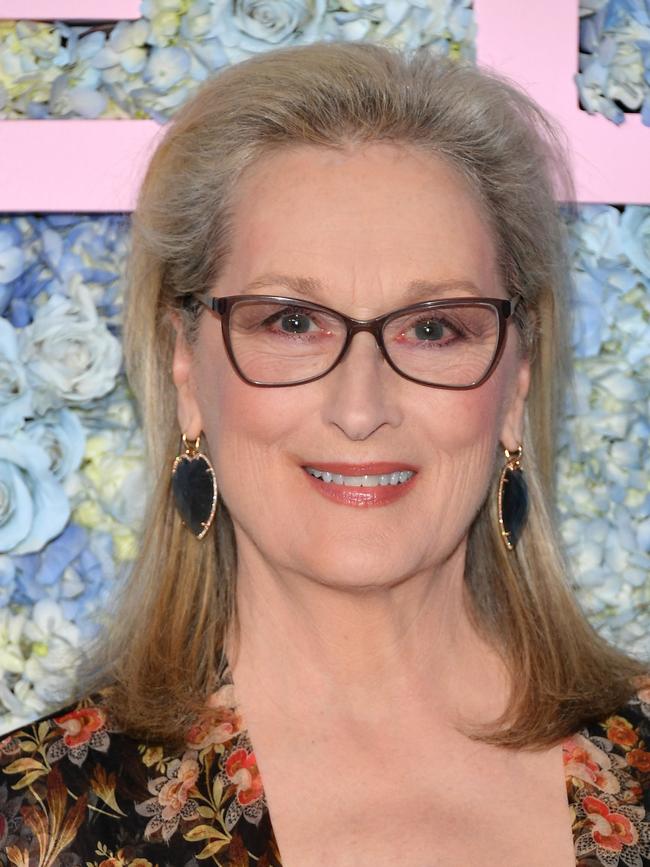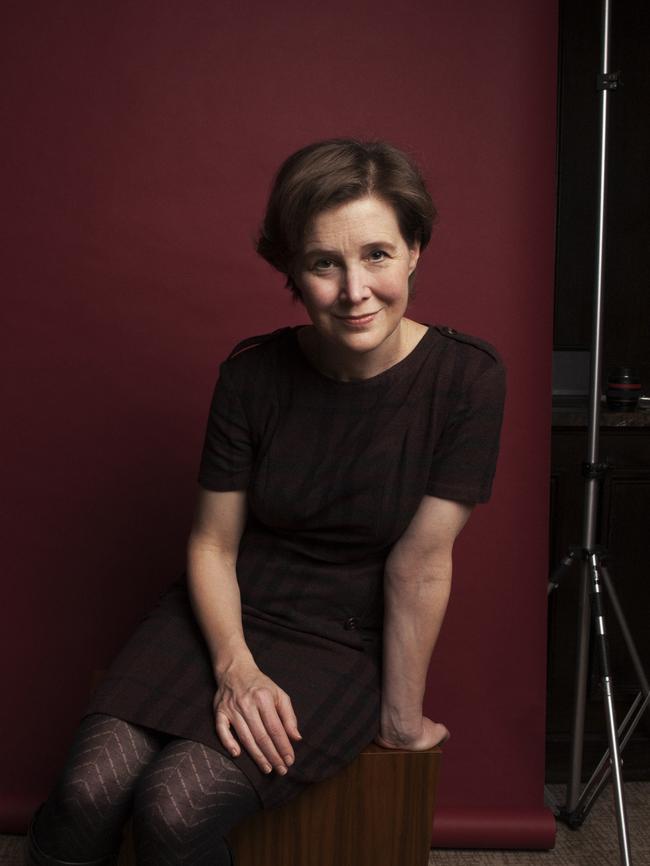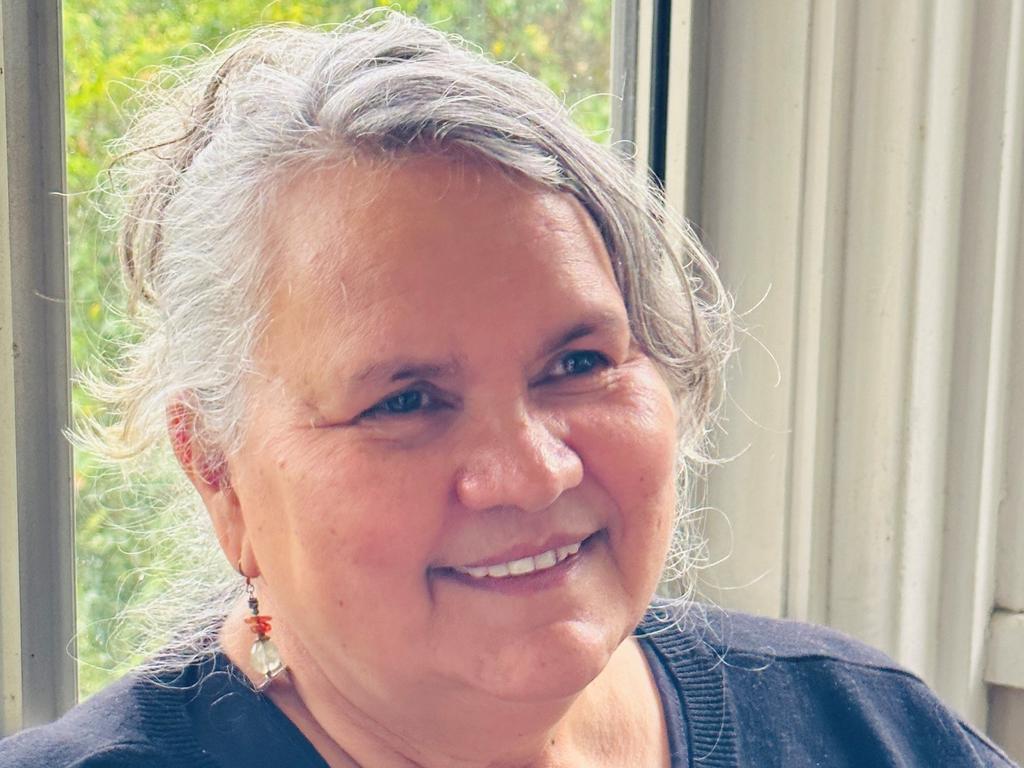‘Every guy I knew in my twenties cheated’ says Orange Prize-winning author Ann Patchett
Bel Canto author Ann Patchett on why marriage trumps youthful passion and how an ex-cop offered her a big break in return for sex.

Ann Patchett was 22, broke and had just graduated from university when Hollywood came calling. The highly-prestigious Paris Review had published one of her short stories while she was a student, and out of the blue, a writer-director said he wanted to adapt her work for the big screen. This screenwriter and director was an ex-police officer who was making cop dramas and he knew Patchett’s father, a Los Angeles police captain.
Now one of America’s most admired contemporary authors, Patchett tells Review: “He was quite successful. He said to my dad that he wanted to make a movie out of one of my short stories. He took me out to lunch and basically said, ‘I can do this … but you’re gonna have to sleep with me’.’’ As she describes this incident, The Orange and PEN/Faulkner prize winner unleashes a high-pitched, incredulous laugh – she is clearly still amazed by the absurdity and wrongness of the ex-cop’s sleazy proposal.
Now 59, she remembers him ordering them both martinis in a dimly-lit Italian restaurant. Over Zoom, and in a voice heavy with sarcasm, the writer recalls him promising that “when this is over, you and I will share a bottle of champagne on any beach in the world you choose. Like, really? It was outrageous – he was a friend of my father’s!’’
This incident occurred in 1985 long before the #MeToo typhoon tore through Hollywood. Rather than make an official complaint, Patchett says “I was just like a very silly teenager. I just laughed and laughed and laughed. There was no way (she was going to sleep with him). I was 22 years old and thinking, ‘Oh my God, this is real.’ I’m not even in the door in Hollywood – I’ve got no interest in Hollywood.’’
In another memory queasily reflective of its time, she told her father about his lecherous buddy “but my father didn’t care. My father was like. ‘Oh well that’s life – he didn’t do it’ ”.
This story springs, vivid and detailed, from the vault of Patchett’s memory as she discusses her latest novel, Tom Lake, which is partly set in 1980s Hollywood. Released on August 1 and billed (somewhat breathlessly) by her publisher, Bloomsbury, as “the publishing event of the year’’, the book revolves around Lara, an aspiring American actor to whom success comes easily. She is white, pretty, understands instinctively that she can stand out by doing very little, and her first Hollywood film role falls into her lap – much to the chagrin, decades later, of her unemployed actor daughter.
Tom Lake is, however, more a getting of wisdom saga than a #MeToo take-down. Indeed, in one chapter Patchett apparently draws on her lunch with the predatory screenwriter and uses humour to flip the script. Hoping to secure a lead role in a Broadway show, Lara awkwardly propositions an influential producer. “Didn’t everybody have to sleep with somebody eventually in this business?’’ the protagonist asks herself.
In the novel, the producer turns out to be a distant family friend with a genuine offer of work, so Lara’s botched proposition says more about her naivete and gaucheness than casting couch culture. “I wasn’t looking back on the #MeToo movement and sticking that in,’’ Patchett says. “I mean, that (Lara embarrassing herself) is the way life goes’’.
With her pragmatic narrative voice, elegant turn of phrase and storylines that have explored everything from a South American hostage crisis to blended family dynamics and the ethics of drug research, the Bel Canto author has long been regarded as one of America’s finest and most accessible authors. Over the past three decades, her books have been translated into more than 30 languages and in 2012 she was included on Time’s list of the world’s 100 most influential people.
A real Hollywood A-lister, Tom Hanks, read the audiobook of her last novel, The Dutch House, which was short-listed for the 2020 Pulitzer Prize, while another acting legend, Meryl Streep, recorded the Tom Lake audiobook. “Amazing, right?’’ Patchett says of Streep, who has won three Academy Awards and eight Golden Globes, reading her book. “She did it over four days and I was there (in New York) for two days. I got to sit in the studio with her and it was fabulous. She is so hard working.’’

Tom Lake is driven by two interlaced narratives; one set in the 1980s and another that plays out during the Covid pandemic. Lara is now a cherry-farming mother of three adult daughters and during the pandemic, she revisits a formative period of her life: the years when she pursued her performing ambitions and fell “wildly” in love with actor Peter Duke, who went on to become an Academy Award-winning star. Because of the Covid crisis, Lara and her farmer husband Joe face crippling labour shortages, so their daughters put in long, taxing days helping with the harvest. As they pick sweet and tart varieties of cherries, they interrogate their mother about her affair with Duke. Lara obliges, without, of course, revealing everything.
For the twenty-something Lara, falling in love with Duke while they are both starring in a regional production of the classic American play, Our Town, had been like “jumping off a roof at midnight’’. Duke has a “crazy beauty”, ambition to burn, a fondness for daytime drinking and – as Lara eventually discovers – a wandering eye.
Patchett says that making Duke a player reflects the one-sided dating patterns of her youth. “Every guy I knew in my twenties did that (cheated), movie star or not,’’ she says. “The guys had all the power and they were interested in you until they weren’t interested in you, and there was always overlap (with the next girlfriend).’’
The Nashville-based author has permanently rosy cheeks and an ivory-smooth complexion that makes her seem younger than she is. She is also funnier and blunter than I expect her to be, given the confiding and companionable tone of her prose. She says that in her latest novel, she explores “the kind of romantic entanglements I had in my twenties and my friends had in their twenties – these big, dramatic, overblown ridiculous things that seemed so much like love. And then you get to another point in your life and you just think, ‘Oh, I wouldn’t do that again for all the money in the world’.’’
The novel contrasts the intensity of Lara and Duke’s affair with the steadfast love of Joe, Lara’s husband, and the family life they have built. “I wanted to write a book about how longtime married love is in fact so much deeper and more meaningful than the unbelievably passionate love (of youth), no matter how passionate or how spectacular it was,’’ she says.
When she was in her early twenties, Patchett married for the first time, but the relationship was short-lived: she has said “my divorce began less than a week before we were married”. She has also written that by her mid-twenties, “I was living out my own disaster … I was 25, divorced, out of a job, and back home’’. At 40, – and by then an acclaimed author – she married her long-time boyfriend, physician Karl VanDevender, and the couple live in Nashville, the city where she grew up.
After Hanks read The Dutch House she developed a friendship with him and his wife, singer and actor Rita Wilson, but she denies he was the inspiration for Peter Duke. “I have seen a lot of Tom recently and he has read the book,’’ she says. The Elvis star remarked on Lara’s observation that she acts more while doing publicity for a Hollywood film than on any set. “He said, ‘That is exactly right. That is when you are really acting, when you have to do 20 interviews in a day’,’’ Patchett says, chuckling.
In 2021, she wrote an essay in Harper’s magazine about helping Hanks’s long-time assistant, Sooki, access a clinical trial when she was battling pancreatic cancer. Some doctors believe that psilocybin – aka magic mushrooms, a psychedelic drug that can trigger hallucinations – can help cancer patients overcome depression. So, in a different kind of trial, both women tried the drug at Patchett’s home. While Sooki felt the treatment lifted her mood, it made Patchett, a teetotaller, feel violently ill and as if she had been “careless” with her life.

In 2011, in a business venture that made national headlines, she became co-owner of a book store, Parnassus Books, in Nashville. Although the author “wanted to go into retail about as much as I wanted to go into the army’’, she agreed to become involved after Nashville was left without an independent book store in the wake of the shuttering of Borders and other outlets.
She tells Review her business partner retired in 2022 and “she wanted us both to sell the store and I, who never wanted the store to begin with, said, ‘I can’t do that’. So I bought her out and I own it.’’ She signs her own books and makes reading recommendations in what remains Nashville city centre’s only bookshop. “I don’t think anybody would open an independent book store thinking, ‘We are going to get rich off of this’,’’ she says. “But we make money and we pay good salaries and that’s all I would shoot for.’’
In the early 2000s, Patchett won international praise and recognition for her most decorated novel, Bel Canto, which won the Orange Prize and America’s PEN/Faulkner Award.
Like Tom Lake, it features a scenario in which characters are thrown together by unexpected events as it combines opera and a hostage stand-off. “Bel Canto was very, very loosely based on the taking over of the Japanese embassy in Lima, Peru, in 1996 and they let all of the women go. I started to think, ‘Well, what if they kept one woman?’ ’’ she explains.
She decided to make that woman an opera singer. “Because of this book, I am great friends with (American diva) Renee Fleming because everybody thought that the book was about Renee.’’ It wasn’t. She has since learned that Fleming gives highly-paid private concerts and this mirrors Bel Canto’s narrative. “I was making it up but it’s absolutely true,’’ she says, joking that when it comes to novel research, “I make things up with authority’’.
Some critics thought Bel Canto’s take on terrorism was too benign – and Patchett now agrees with them. “Absolutely correct,’’ she says. “That book was written in a pre-9/11 world … somebody said to me once, ‘It’s like a nostalgic novel because nobody takes hostages any more, they just kill everybody.’ The idea that they would just keep them safe and struggle to free them – that in itself is a bygone notion.’’ However, she also argues the book is “operatic’’, rather than a work of social realism.
Patchett published her first novel, The Patron Saint of Liars, about a young, pregnant woman who leaves her husband, when she was 29. Before she became a published novelist, she plugged away writing freelance articles for Seventeen magazine and has said the experience “was good for me because they were so cruel. They bought one out of every five articles that I wrote, and they would let everyone in the office, down to the janitorial staff, comment on everything’’. She tells Review: “It’s very true I’m very unsentimental – you really cannot hurt my feelings. All I want is for it to be the best piece it can be, whether that’s fiction or nonfiction.’’
A graduate of the Iowa Writers’ Workshop which has produced other celebrated writers including Kurt Vonnegut and Marilynne Robinson, Patchett has since written for The New Yorker, The Washington Post and edited 2006’s Best American Short Stories. Her four nonfiction books include Truth & Beauty, a memoir about her intense friendship with the writer Lucy Grealy, who died of a drug overdose and endured 38 reconstructive surgeries following childhood jaw cancer.
In 2006, this memoir sparked cancellation threats when Patchett was due to give an address to college students in South Carolina. A small but vocal group of South Carolina critics likened the book to “a sewer” and claimed it pushed sexual promiscuity, fetishes and “implied” lesbianism. Patchett saw it as a portrait of an enormously talented, sometimes difficult writer who had been her best friend for 17 years.
Even so, she was escorted to and from the event by a body guard. She later published her address, in which she told students that if they believed they shouldn’t “pay good money to read about immoral behaviour’’ they would never engage with Anna Karenina, The Great Gatsby or Lolita.

Commonwealth (2016), an exploration of the impact of divorce on the children and adults involved, was a number one New York Times bestseller.
Spanning 50 years, it is Patchett’s most autobiographical novel: her parents divorced when she was six and her mother, nurse turned novelist Jeanne Ray, has been married three times. While divorce is a fact of life within most extended families, I ask Patchett whether our society can understate the difficulties children face within blended families.
“That falls into the category of, there is no one truth – not even close,’’ she replies. “Some people do it really well. Some people do it very, very badly. I don’t have children and I’ve never been in that position myself. When people say, as they so often do, ‘Well I want my children to see me happy’ … there’s part of me that’s very puritanical and I think, ‘You know you made a deal – it is really hard on kids’.” (She adds that “if you’re married to someone who is beating you or is a criminal or is degrading you every moment’’, divorce is obviously necessary.)
Commonwealth is also about the ownership of personal stories, as an established novelist uses the childhood experiences of his younger lover to reignite his career. She says she seeks permission when using people’s stories and quips: “When I wrote Commonwealth I talked to all of my siblings and my step siblings … and everybody was like, ‘I don’t care.’ ” With her direct, dry humour she recalls how one stepbrother complained “ ‘Why do I have to be the one who dies?’ And I said to him, ‘One of us has to’ ”.
Her US book tour for Tom Lake comprises almost 30 events, from the Library of Congress to the Mississippi Festival of the Book. She has said of such tours: “As often as I’ve done this, it always feels as if I’m about to be shipped to Australia on a convict vessel’’. Speaking of Australia, in 2020, her highly-anticipated book tour here, including a headlining appearance at the Sydney Writers’ Festival, was cancelled because of the pandemic. She opened the 2011 Brisbane Writers Festival and has also appeared at Melbourne’s main writers’ bash, and she volunteers that “if somebody asked me to go to Sydney to go to the writers’ festival, I think I would say yes’’.
It used to annoy Patchett when critics characterised her work as “women’s fiction” because much of it focuses on family relationships her readership is primarily female. Tapping into her inner pragmatist again, she reflects: “Maybe at one point it did annoy me – it doesn’t annoy me now. Part of that is having a book store and knowing that, by and large, women read fiction and men read nonfiction. I’m just grateful that anybody reads these books.’’
Tom Lake by Ann Patchett, Bloomsbury, $32.99, is released on August 1.






To join the conversation, please log in. Don't have an account? Register
Join the conversation, you are commenting as Logout